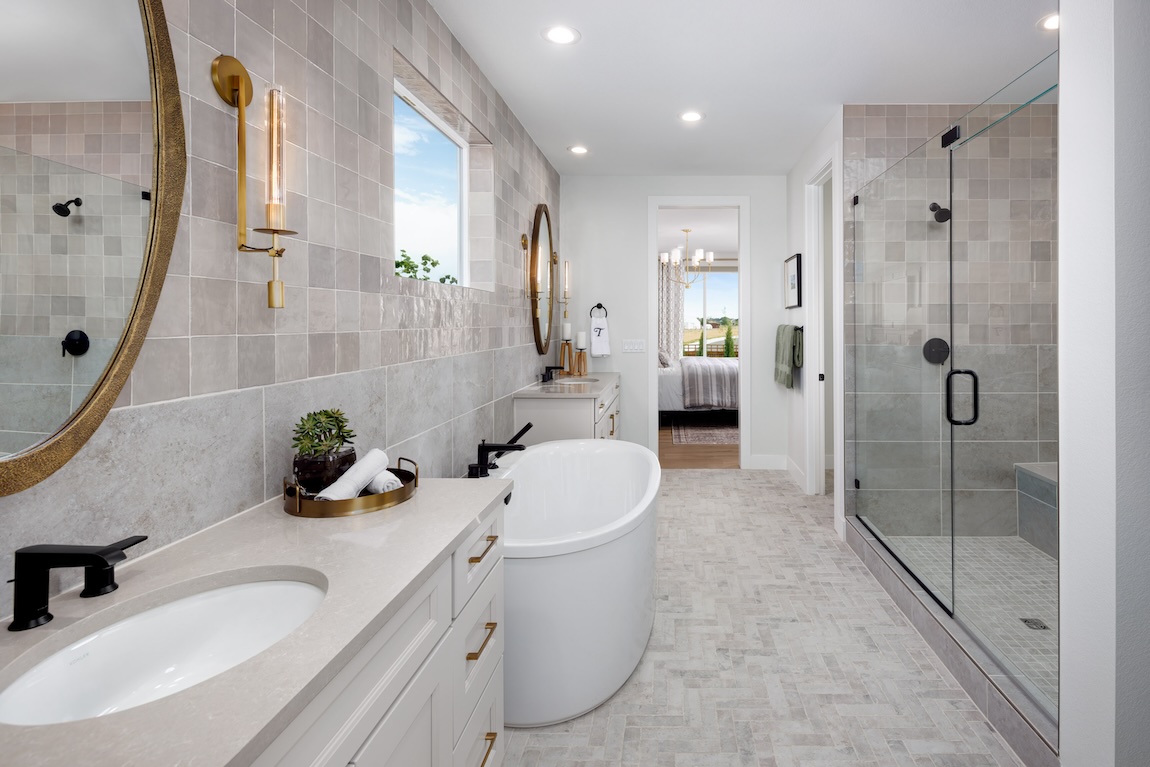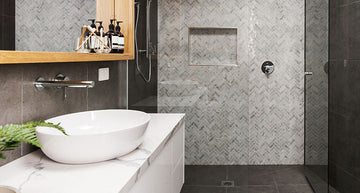In today's rapidly advancing technological landscape, the emphasis on sustainable resource management and efficiency has never been more critical. For Industry QA professionals, ensuring the effective use of resources is paramount. Among these resources, water stands out as a vital yet often mismanaged asset. This is where the best smart water sensors come into play, revolutionizing the way we monitor and manage water usage.

Why Smart Water Sensors Matter
Water, though abundant, is a finite resource that requires careful monitoring and management. For industries, the implications of water misuse can be vast, impacting not just operational costs but also environmental footprints. The integration of smart water sensors can significantly mitigate these challenges by offering real-time insights and alerts.
Furthermore, as discussed in smart water leak sensors, these devices are pivotal in detecting leaks and inefficiencies, ensuring that industries can swiftly address issues before they escalate into significant problems.
Key Features of the Best Smart Water Sensors
Real-Time Monitoring
The ability to monitor water usage in real-time is one of the standout features of the best smart water sensors. This capability allows industries to track consumption patterns, identify anomalies, and optimize water usage effectively.
Leak Detection
Leaks can be a significant source of water wastage. Advanced sensors are equipped with leak detection capabilities, providing immediate alerts to Industry QA professionals. This proactive approach is crucial in preventing water loss and reducing operational costs. Learn more about detecting leaks in water-saving toilets.
Data Integration
Modern smart water sensors offer seamless data integration with existing systems. This feature ensures that all water-related data is consolidated, providing a holistic view of water usage across the organization. Such integration aids in informed decision-making and strategic planning.
Benefits of Implementing Smart Water Sensors
Enhanced Water Conservation
By providing detailed insights into water usage patterns, smart sensors play a crucial role in water conservation efforts. Industries can implement targeted strategies to reduce wastage and promote sustainable practices.
Cost Efficiency
Reducing water wastage directly correlates with cost savings. With precise monitoring and early leak detection, industries can significantly cut down on water-related expenses, thereby enhancing overall profitability.
Environmental Impact
Implementing smart water sensors aligns with broader environmental goals. By minimizing water wastage, industries contribute to conservation efforts, reducing their environmental footprint and promoting sustainability. For more insights, explore the concept of leak detection in bathrooms.
Case Studies: Success Stories
Several industries have already adopted smart water sensors, reaping significant benefits. For instance, a major manufacturing firm integrated these sensors and reported a 20% reduction in water wastage within the first year. Similarly, a hospitality chain noted a marked improvement in operational efficiency, thanks to real-time water monitoring and leak alerts.
The Future of Smart Water Sensors
The future of smart water sensors is promising, with advancements in IoT and AI poised to enhance their capabilities further. As industries continue to prioritize sustainability, the demand for these sensors is expected to grow, driving innovation and improvements.
For Industry QA professionals, staying abreast of these developments is crucial. The integration of smart technologies into water management systems will not only optimize operations but also contribute significantly to environmental conservation efforts.
Conclusion
In conclusion, the adoption of the best smart water sensors is a strategic move for any industry aiming to enhance efficiency and promote sustainability. With features like real-time monitoring, leak detection, and data integration, these sensors are indispensable tools for Industry QA professionals. As the world moves towards a more sustainable future, the role of smart technologies in resource management will only become more pronounced.
For further reading on the integration of smart technologies in bathrooms, consider exploring modern bathroom design ideas.

FAQ Section
What are the primary benefits of using smart water sensors?
Smart water sensors offer numerous benefits, including real-time monitoring, leak detection, and enhanced water conservation, all of which contribute to cost savings and environmental sustainability.
How do smart water sensors integrate with existing systems?
Most modern sensors are designed for seamless integration with existing water management systems, providing a comprehensive view of water usage and facilitating informed decision-making.
Are there any case studies demonstrating the effectiveness of smart water sensors?
Yes, several industries have successfully implemented smart water sensors, reporting significant reductions in water wastage and improved operational efficiency.






